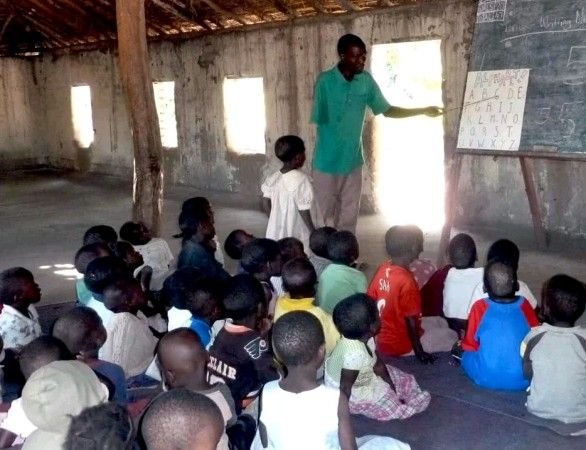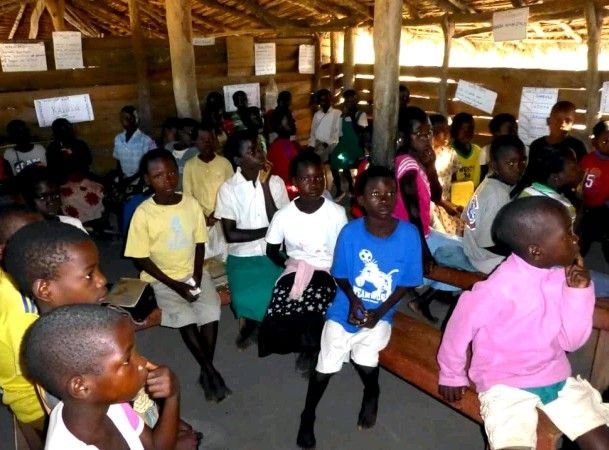English language is not our mother tongue but is made an official language to most African countries including Nigeria,
I recently went on a random questioning of what people think of our mothers tongue as it affects spoken English. And the result of that will be discussed later on this post.
Mother tongue, as we all know is the language spoken by a particular tribe. It is learned and transferred from one generation to the other. It is used to communicate with those that understands or knows the dialect.
Individuals best learns their mother tongue at an early stage. This could be seen when a child is born into a family, among the first thing he or she learns is the mother tongue.
In Nigeria and the world at-large, one can easily be traced or linked to a particular tribe with out even speaking his or her Mother tongue.
The reason for this, is based on the accent or intonation used in speaking the English language. With that, one can say this person is from Akwa Ibom, Yoruba or Fulani as it maybe in Nigeria.
Meanwhile, the importance of the mother tongue can not be overemphasized but how about the effects it has on some tribes when it comes to them speaking the English language.
Despite its Uniqueness, the mother tongue has its effects on some tribes. 
In the case of the Ibibio tribe where junction is pronounced as 'yontion' same goes to the Yorubas that pronounced almost every word that starts with 'a' as 'h' e.g able as hable and Sokoto as shokoto, Same can be said of the Hausa/Fulani pipty instead of fifthy.
This accent/intonation makes it difficult for them to flow phonetically when communicating with the English language. Also, the fun, jokes and caricature that people generate from this tends to make one feel embarrassed or shy to speak in a social gathering or public.
However, one can still leave above this effect by focusing on those sounds that are not included in their dialect when learning the English language. Also, exposure to some educatedForeign contents such as books, movies, documentaries etc can help broaden and improve upon the English language both phonetically and otherwise.
Thanks for reading.
Photo source: Google Images





every educative, thanks for sharing
Thanks much
Awesome post
Thanks bro
Well I am a victim of the mother tongue deprivation. We all know how much stigmatization comes with not being able to speak ones mother tongue.
#support all those who were not exposed to the mother tongue from childhood.
nice post
thanks to you @expensive&717 for introducing me to steemit